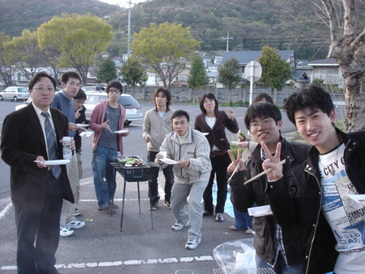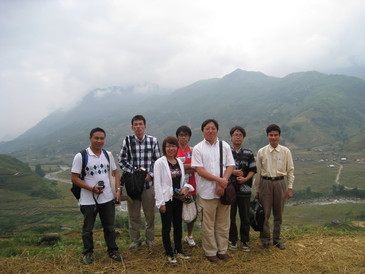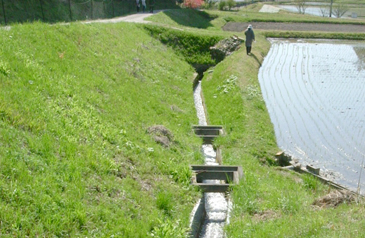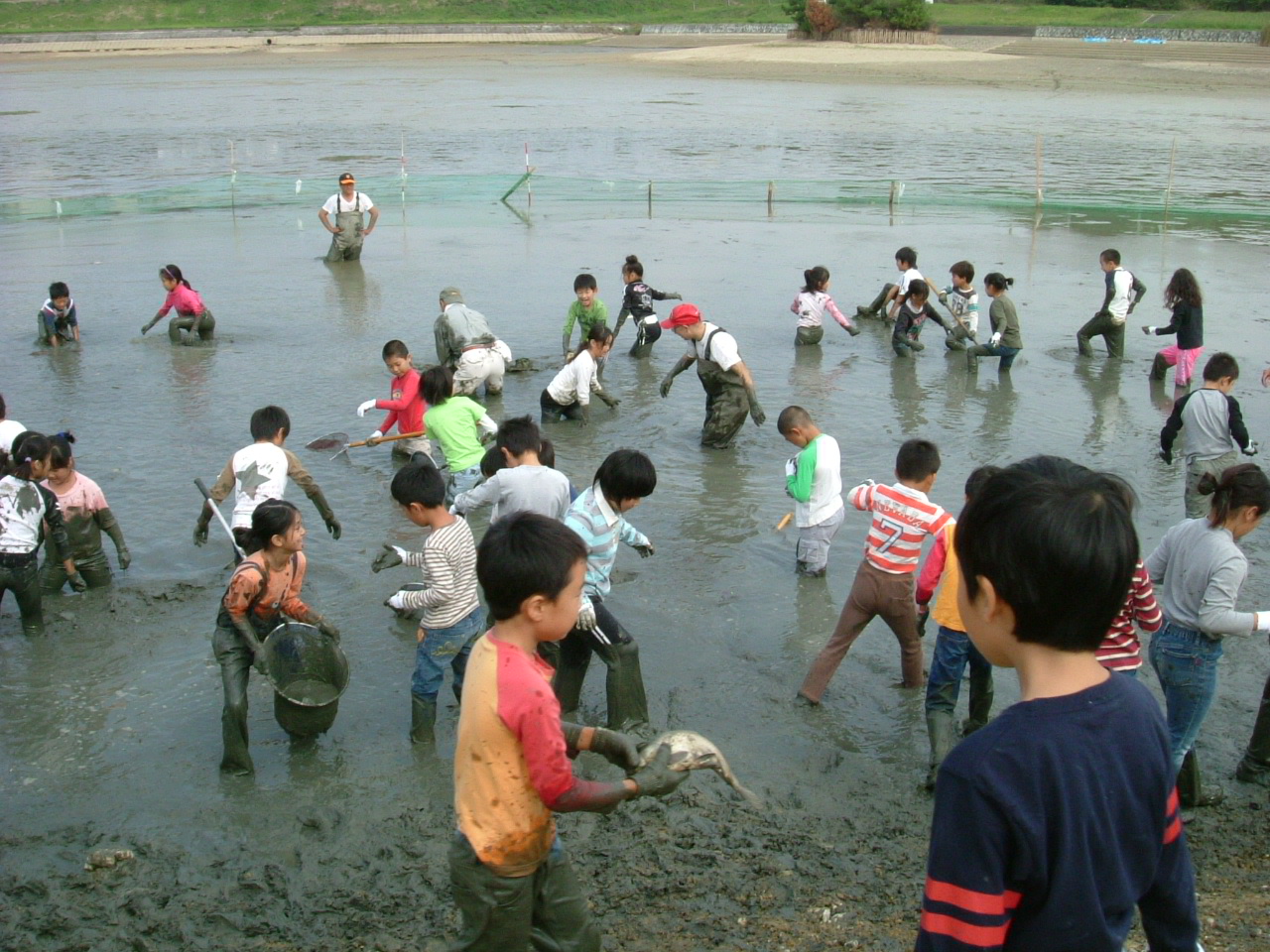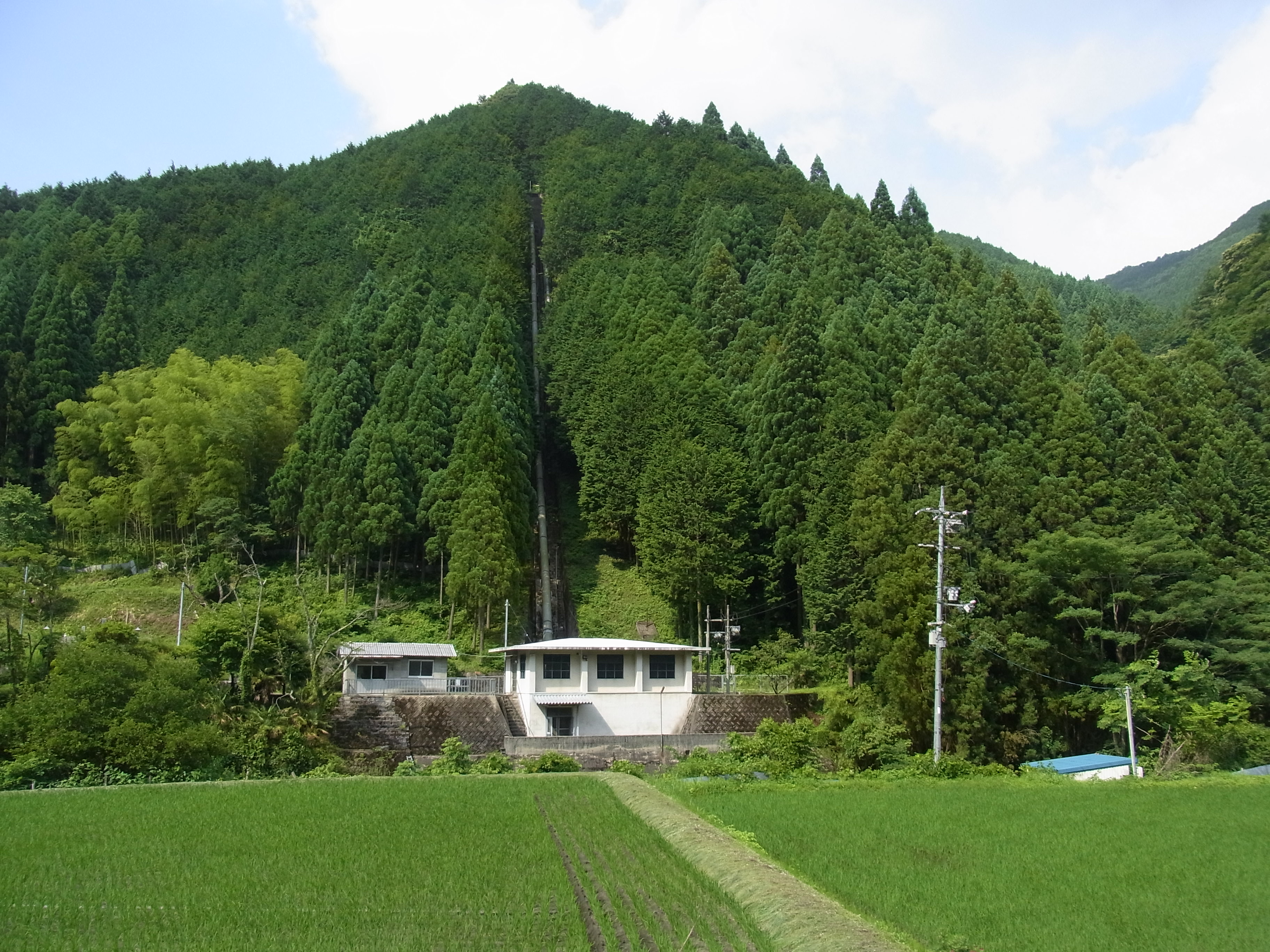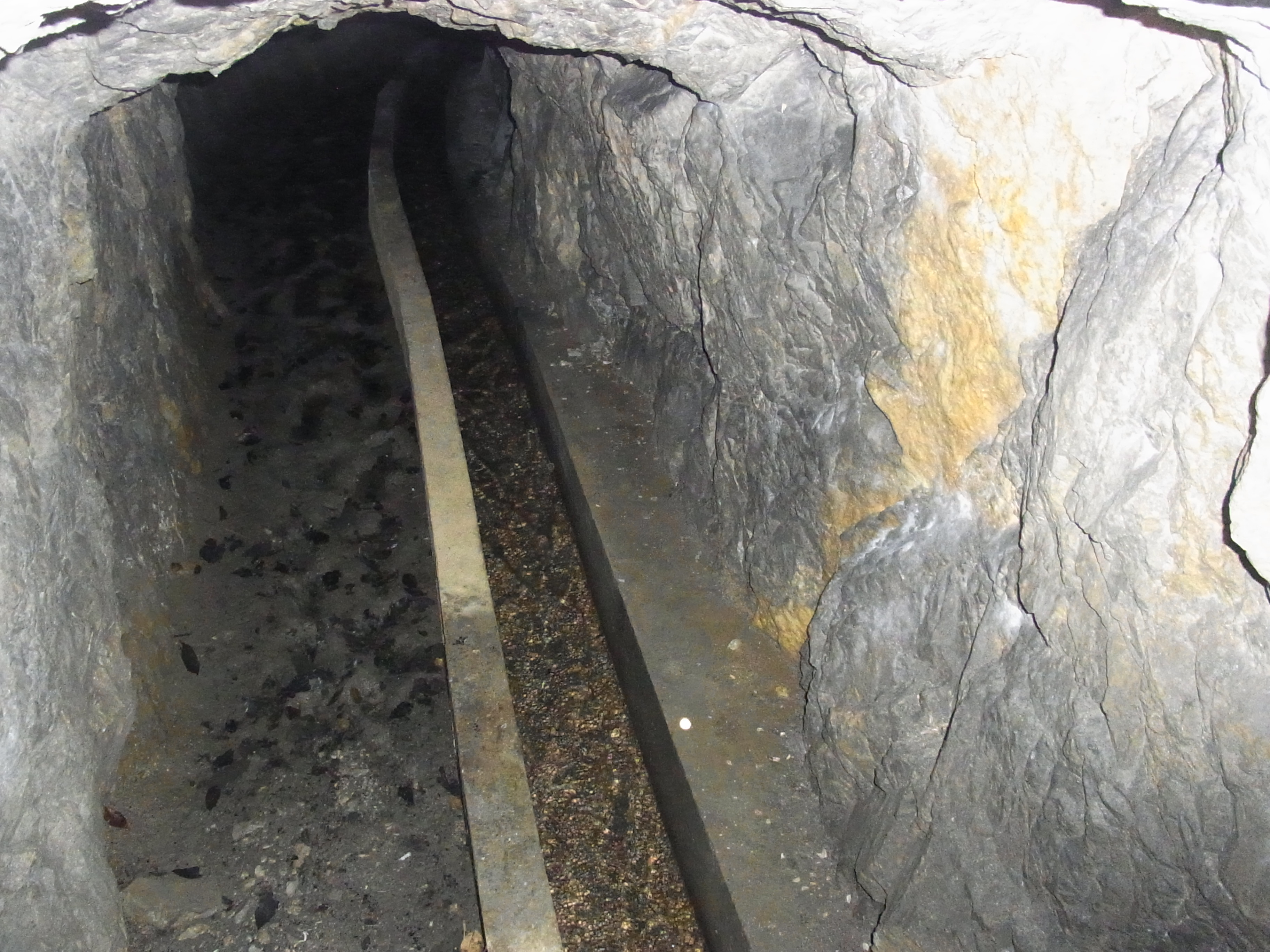Environmental Geography Laboratory / Laboratory of International Rural Studies
1-1-1 Tsushima-naka, Kita-ku,Okayama 700-8530 JapanGraduate School of Environmental and Life Science,Okayama University
教員
Faculty
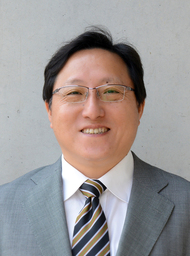
- 名前:
- Doo-Chul KIM
- Present Position:
- Professor, Graduate School of Environmental, Life, Natural Science and Technology
- Field of Study:
- Rural Geography, Environmental Geography,Area Studies of Korea & Vietnam
- E-mail:
- kim[at]okayama-u.ac.jp (please change [at] to @)
- Career:
- Doo-Chul Kim studied for his BA and MA at Seoul National University in South Korea, and subsequently obtained a PhD in Geography at Nagoya University in Japan. Before he joined Okayama University in 1999, he taught at Tohoku University in Japan and researched at United Nations of Centre for Regional Development(UNCRD). He had also served as a co-chair of Commission on the Sustainability of Rural Systems, International Geographical Union(IGU-CSRS) during 2012-2016. At Okayama, Doo-Chul has maintained and extended his research interests in environmental geography and in the sustainability of rural systems.
Research Themes
Based on field surveys in Asia, we examine relationships between rural development and environment in contemporary globalized societies. We also explore how we can redirect ourselves toward "sustainable development" from the perspective of local communities.
Roles of endogenous self-organization in rural communities
Development is a process that involves not only money and agencies but also people. The framework for organizations in a rural community can provide a clue to identifying who should be the real actors for sustainable rural development in either developed or less developed countries.
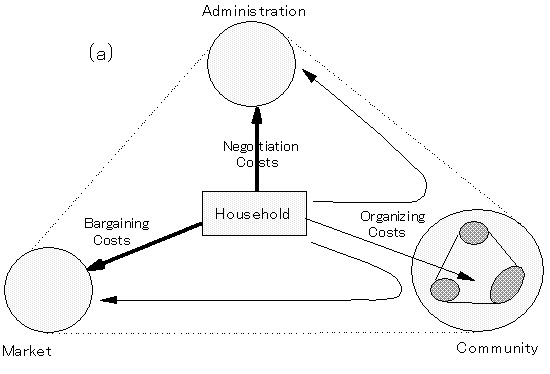
Foundation of Endogenous Self-organization (Kim, 2003)
Natural resource management in Asian countries
The commons are the cultural and natural resources accessible to all members of a community, which are often managed by the "invisible hand" under a market system. It is the local community that uses the commons sustainably, and endogenous self-organization plays a crucial role in forming norms for sustainable resource exploitation. In this context, my research interests focus on rural communities in exploiting natural resources, with study areas including Japan, Korea, China, and Vietnam.
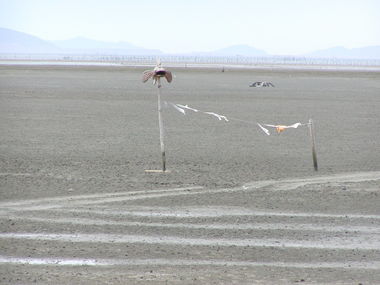
Terraced paddy fields in Sapa, Vietnam (photo on July 2011)
Message to students
Exploring an interdisciplinary program in geography and environmental science
At our laboratory, you can participate in advanced research on geography and environmental sciences from the broader perspectives. Most environmental issues, I believe, should be treated in a broad context, namely an interdisciplinary perspective. Having participated in the activities of environmental movement groups, I have studied environmental issues caused by government policies such as the Saemangum reclamation project in South Korea and the Isahaya reclamation project in Japan. From my fieldwork experiences, I am convinced that the truth of environmental controversy lies at the scene where environmental issues occur. Why don’t you join me in doing fieldwork on geography and environmental issues? I am waiting for those who are willing to wear ‘dirty boots’. Finally, Okayama is a good place to spend schooling days in a clean and beautiful environment with more than 700 thousand population.
Selected Publications
>> Publication list and academic activities
- "Trinh Minh Anh Nguyen, Doo-Chul Kim, Fumikazu Ubukata (2017) “Negotiating the State-making in Vietnam borderland – Case study of an ethnic minority group in Central Vietnam”, Belgeo(Belgian Journal of Geography), 2016-4, 1-25.
- Doo-Chul Kim, Truong Quang Hoang, Young Kug Joh(2016) ""Expansion of Coffee Plantation and Institutionalization of Customary Land Ownership – Case study of Dak Lak Province in Vietnam "", Journal of the Economic Geographical Society of Korea, 19-2, 378-398.
- Trinh Minh Anh Nguyen, Kim, Doo-Chul, Fumikazu Ubukata (2015) “Livelihood Strategies of Ethnic Minority in the Borderlands: Case Study of the Bru-Van Kieu in Northern Central Vietnam” Journal of the Economic Geographical Society of Korea 18(3). 296-318.
- Doo-Chul Kim, Ana Maria Firmino, Yasuo Ichikawa (eds.) (2013) Globalization and New Challenges of Agricultural and Rural Systems, IGU Commission on the Sustainability of Rural Systems and Graduate School of Environmental Studies, Nagoya University, pp.182.
- KIM, Doo-Chul(2011)“Place Marketing as a New Strategy of Rural Development after the Economic Crisis in Korea”, in M. Kerzazi et.(eds), Agricultural and Tourism Products and Local Development, ANAGEM, 233-242.
- KIM, Doo-Chul (2011) “Place Marketing as a New Strategy of Rural Development after the Economic Crisis in Korea”, in M. Kerzazi et.(eds), Agricultural and Tourism Products and Local Development, ANAGEM, 233-242.
- KIM, Doo-Chul(2009)“Twisted attitudes toward environment and agriculture: The reintroduction program of the oriental white stork in Toyooka, Japan”, in L. Maria FRUTOS MEJIAS et. (eds), New ruralities and sustainable use of territory, University of Zaragoza, 91-103.
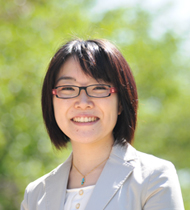
- Name:
- HONDA, Yasuko
- Present Position:
- Associate Professor, Graduate School of Environmental, Life, Natural Science and Technology
- Field of Study:
- Rural Sociology, Agricultural Economics
- E-mail:
- yhonda[at]okayama-u.ac.jp (please change [at] to @)
- Career:
- Yasuko Honda received bachelor and master degrees in 2004 and 2006 in Natural Resource Economics at Kyoto University. She obtained her Ph.D. degree in Agriculture at Kyoto University in 2012. She worked as Woman-tenure track assistant professor at Okayama University in 2012, became assistant professor at in Graduate School of Environmental and Life Science of the same university, and became associate professor in 2018.
- Lectures:
- Undergraduate: Landscape Management, Theories on Resource Management
Graduate: Rural Sociology
Research Themes
1) Conditions of participatory management of regional resources
2) Sustainable management of small-scale hydropower by local communities
